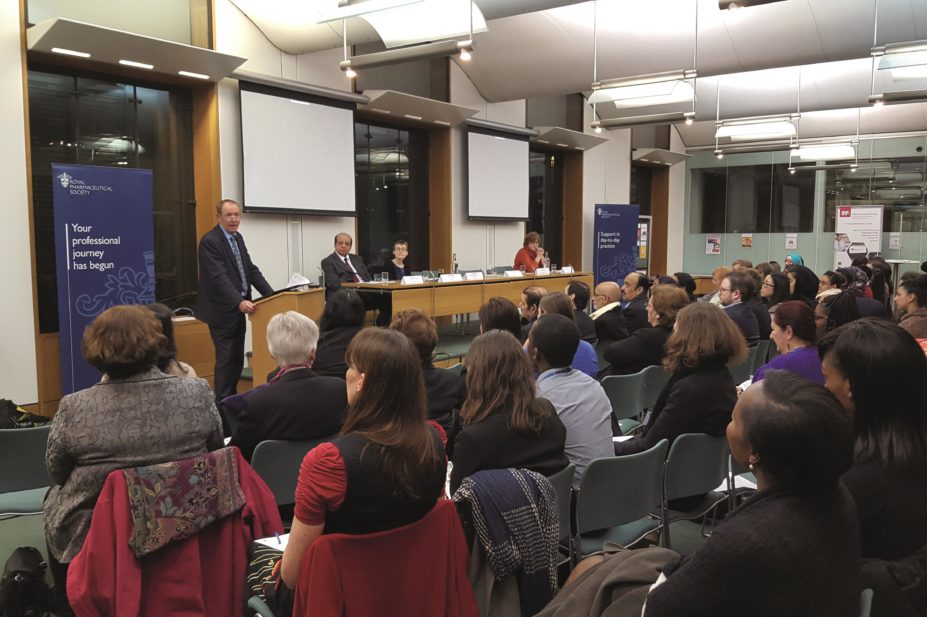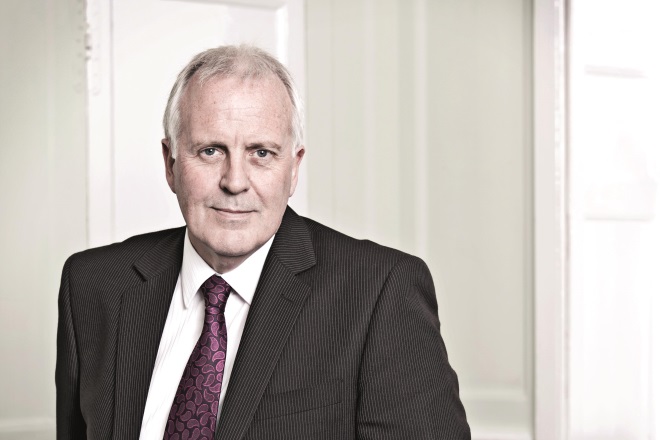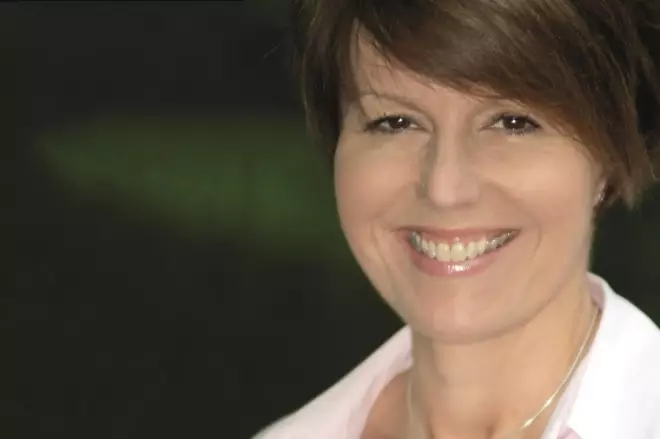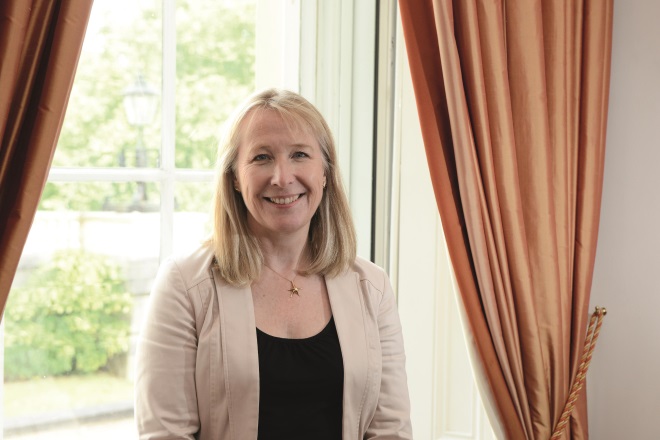
Daniel Sutcliffe
In 2010, the Royal Pharmaceutical Society (RPS) made the move from local branches to local practice forums (LPFs) following the demerger of its professional leadership and regulatory functions. The thinking behind the evolution was to ensure that education and training was available locally through member-driven, face-to-face meetings and virtual networking communities. It was hoped that the switch to the new LPF model would enable pharmacists to advance in their practice within the comfort of their local area, offering more to existing members while also attracting new ones. The model was to have six core functions: support for continuing professional development (CPD); local leadership; practice research; sharing best practice; networking; and mentoring.
In the five years since LPFs were introduced, the NHS landscape and pharmacy itself has undergone a transformation. The RPS has also changed, with the introduction of the Faculty and Foundation programmes. However, in an RPS member’s survey carried out in 2015, 33% of respondents said they did not actively engage with their LPF. The RPS has therefore called for a five-year review of LPFs in order to work out what changes are needed to encourage engagement and ensure they can continue to provide local support for RPS members.
“Local engagement and networking is important for any professional body or royal college”, says Alice Dartnell, lead of the RPS local engagement team who are reviewing LPFs, “We are keen to ensure all our members can enjoy this member’s benefit.”
Postcode lottery
There are 48 LPFs covering all areas of England, Wales and Scotland. In 2015, LPFs delivered 171 events, with an average attendance of 27 people per event, of which 20% were non-members. However, LPFs vary widely in terms of their engagement with members and event output. Access to a successful LPF comes down to a postcode lottery – some are thriving, running lots of events and consistently achieving strong turnouts, while others are only just getting off the ground. For example, in 2014, Doncaster and South Humber LPF ran 14 events while neighbouring Lincolnshire LPF ran just one. But what works and what doesn’t when it comes to an LPF?
“It’s difficult to pin down any single reason why some LPFs work well and some don’t,” says Deborah Evans, LPF lead for the English Pharmacy Board. “A lot depends on the local leadership; where we’ve got strong local leaders associated with an LPF we tend to see greater success.”
Local leadership
At the time LPFs were introduced, the RPS decided that a top down approach was not appropriate, so LPFs rely instead on voluntary input from local members through LPF steering groups.

“[It’s about] getting individual pharmacists to lead their own career and be empowered to do so,” says Mike Holden, lead of Wessex local practice forum
Mike Holden, lead of Wessex LPF, is an advocate for this structure: “The key thing for me is inverting the pyramid; the RPS’s purpose is to support its members in a variety of ways: resources, lobbying and influencing. But it sits at the bottom of the [inverted] pyramid. [It’s about] getting individual pharmacists to lead their own career and be empowered to do so.”
Holden is currently leading a ‘reboot’ of Wessex LPF. “[There was] a lack of a clear purpose for the existing LPF. It wasn’t doing as much as it needed to be doing if we’re going to move the profession on.” His plans for the future of Wessex LPF centre around three strategies – leading, uniting and developing the profession locally. “Our end point is aimed at creating pharmacists who are the best pharmacists they can be,” he says.
Some LPF leads, such as Liz Arthur from Jersey, have struggled to encourage pharmacists in their areas to get involved in LPF leadership. “There is a reluctance for people to become involved with the LPF and join the steering group; they don’t feel they have anything to offer,” she says.
Jersey won LPF of the year 2015, as part of the RPS awards programme, for making the most progress. “We came from being an abandoned LPF,” says Arthur, whose approach has been to “pull in the youngsters”. “It’s very important to engage with them,” she says. “There is a lot of enthusiasm and energy from the pharmacists on the island that hasn’t been there for years.”
Michael Champion, secretary general at the British Pharmaceutical Students’ Association and student and social media lead for East Anglia LPF, echoes Arthur’s comments about the value of young leadership. “A lot of students are politically minded and good advocates for the profession,” he says. “In East Anglia, a long-term ambition is to improve the confidence of students in being able to speak to the local council, the health and well-being board or their local MP to be able to push for change.”
Loss of identity

Source: John Evans
Deborah Evans, local practice forum (LPF) lead for the English Pharmacy Board, says that good local leadership is important to the success of an LPF
For many there is a feeling that LPFs have lost their identity. “How are we differentiated from other engagement opportunities?” asks Evans. “What’s important in the future is being clear about where attendance at a local RPS engagement event is different from the others.”
There is often confusion between LPFs and other local groups with three letter acronyms: “[There’s] LPFs, LPNs, LPCs, all at a local level — it’s another acronym we could do without,” explains Holden, who’s LPF has made the switch from Wessex LPF to RPS Wessex to emphasise its direct link to the Society.
When LPFs were first introduced, a handbook was available to guide steering groups on how to set up and administer LPFs. However, there was very little information on structure, values or governance. As a result, not all LPFs actively support the RPS’s main national priorities and attendees may not fully realise the activities of the RPS nationally. As an extension of the Society, the RPS believes that LPFs should be supporting the national agenda locally – from the RPS Faculty to campaigns such as England’s ‘Now or never: shaping pharmacy for the future’.
“We do have an issue about people generally understanding what the RPS is there to do and what it can provide,” says Richard Seal, lead of Birmingham and Solihull LPF. “People are still very much in the mindset that the RPS is [the] provider of professional development. We try to get [people] along with the intention of showing how the local face of the RPS is trying to specifically meet their needs and we’ve been reasonably successful with that.”
Collaboration over competition
Low attendance at LPF events has sometimes been the result of events or speakers being duplicated in the same locality. As a result, several LPF leads are collaborating with national training providers, such as the Centre for Pharmacy Postgraduate Education (CPPE), to prevent this from happening.
Sally Greensmith is lead for RPS Surrey and has an established link with the CPPE through her role as regional CPPE tutor across Kent, Surrey and Sussex. “We’ve always worked in tandem to prevent duplication and run events that complement what the CPPE is doing,” she says. “The CPPE has a remit from Health Education England to deliver and it’s really important that the LPF understands that if they’re going to provide educational events.”
East Anglia LPF’s steering group comprises representatives from the local pharmaceutical committee, the CPPE, an NHS trust and students, explains Champion. “A lot of LPFs make an effort to share timetables so there’s not a duplication of effort or speakers. The last thing you want to do is reduce the pulling power of each event.” And pulling power is key. Encouraging busy pharmacists to give up their evenings will always be a challenge.
Lack of ‘free time’ and logistics

Richard Seal, lead of Birmingham and Solihull local practice forum (LPF) says that using webinars and social media can help attract a “different demographic” to LPFs
“We have toyed with the idea of putting events on at weekends,” explains Seal. “But I think people’s spare time is limited and we’re always in competition for that free time.”
Greensmith agrees that persuading hard working pharmacists to give up their free time is difficult. “People are working longer hours [and] there are all these other pressures and priorities that are conflicting with what the LPFs are doing.” She acknowledges that attendance figures at LPF evening events have been disappointing. “But that’s reflected in a lot of education evenings; the numbers have been decreasing, unless it’s directly service related.”
Getting to LPF events can also be a problem for some members. One of the main differences between the old branch model and LPFs is that LPFs tend to cover a larger geographical region.
“There’s two types of LPF,” explains Champion. “LPFs that cover quite a small geographical area, such as London, where access to events is straight forward, or LPFs such as East Anglia, which incorporates several of the old RPSGB’s branches and covers three rural counties. It can take an hour to two hours to travel [to an event].”
Some LPFs offer alternatives to face-to-face meetings. “We try to provide a range of ways in which our members can interact with the LPFs,” says Seal. “In the next year we’re going to be putting on webinars around specific topics, and we have a fairly significant presence on Facebook and Twitter. Those particular media appeal to a different demographic.”
Why are LPFs important?
So why keep LPFs going if engagement is low? In the 2015 RPS member survey, 54.7% of respondents stated that LPFs were either “very important” or “somewhat important” as a benefit in their decision to join the RPS.
“From an RPS perspective it’s really important that we keep connected with our members,” says Evans, “[It’s important that] we understand the challenges that they’re facing and how we can best support them.”
And it is vital that pharmacists have a say in what is happening in their local area, says Arthur. “Centrally it’s to give us that voice, influence and to learn from each other,” she adds. “But how you then use your Society, is entirely down to the individual areas — the more you put in the more you get out.”

Source: Simon Wright Photography / The Pharmaceutical Journal
Chief executive of the RPS, Helen Gordon, is passionate that local engagement in the form of local practice forums provides a “great opportunity to listen to what members say about how we can do our job more effectively”
Helen Gordon, chief executive of the RPS, is passionate about the importance of local engagement in any form. “Members value networking and stimulating discussion but it’s also a great opportunity to listen to what members say about how we can do our job more effectively.” However, she also emphasised that the money spent on LPF events needs to done in a way that adds recognisable value to all sectors of the RPS’s varied membership. One model will not work for all.
New blood
There is also the potential to recruit new members. A report from the RPS membership database showed that 25 new members were encouraged to join the RPS after coming to events in 2015, a conversion rate of 3.5% of the non-members in attendance.
LPFs provide an opportunity for pharmacists to learn from people who are already established professionally, says Champion. “Given the shape of the degree at the moment, a lot of people come in having experienced one path, with very little idea of what they want and where they want to go,” he adds.
“It is a place where pharmacists can support pharmacists,” says Dartnell. She is “extremely proud” of how far LPFs have come since they were introduced in 2010, since “many of the areas were dormant but have been revived in the past two years”.
“We have every confidence that the next five years are going to be better for members locally, with an increased ability to offer RPS support and services on a local level.”
- This article was amended on 21 January 2016 to clarify when the Royal Pharmaceutical Society no longer had a regulatory function. This was taken over by the General Pharmaceutical Society, established in 2010.
You may also be interested in
Long service of members

Membership fees 2022
